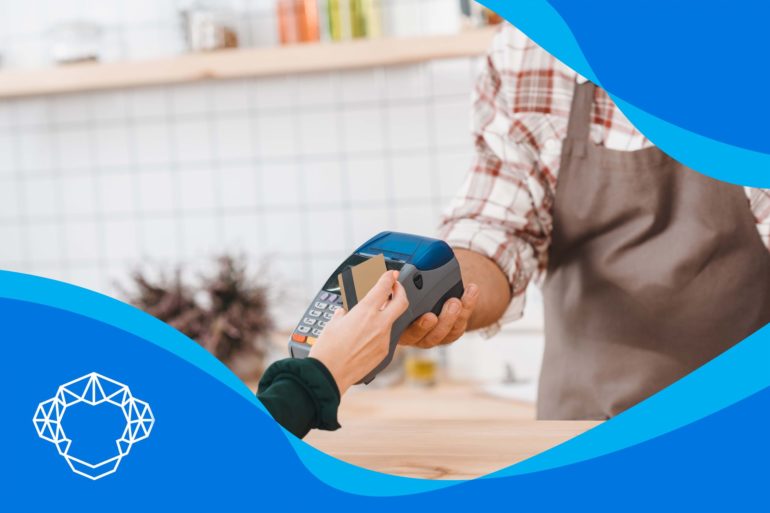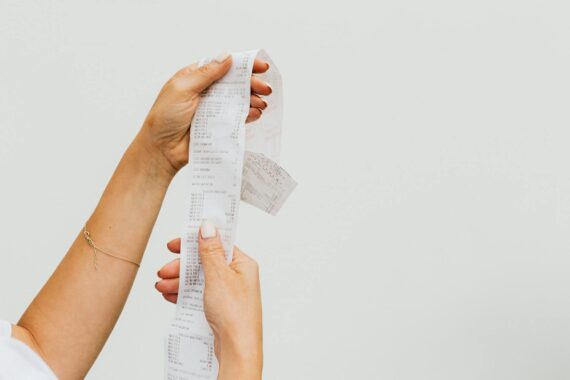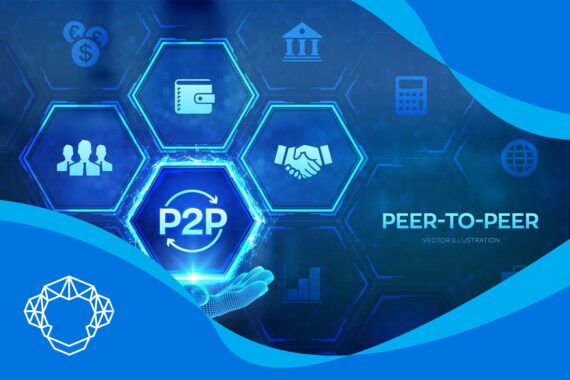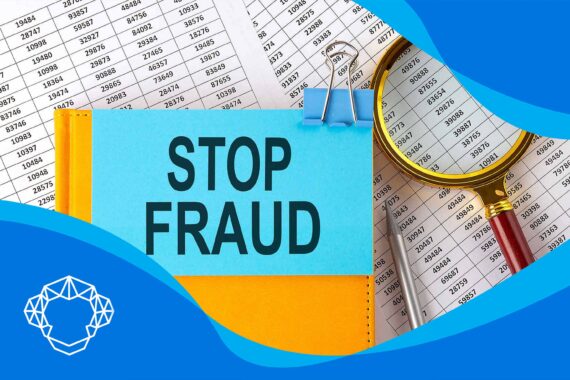Seeing a do not honor error on your terminal is certainly not pleasant, neither for you nor the cardholder. However, this is the most common code and you’ve probably encountered it at some point in your life while paying with or accepting plastic. What does do not honor decline code mean on the credit card? Why does it happen, and what can you do about it? Let’s find out.
If the issuing bank or entity refused to validate the transaction, then the chances are that the not-so-favorite declined do not honor code appeared on the screen of the terminal. There can be many reasons for that, but this transaction reply message doesn’t specify the exact one. We’ll help you decipher what’s behind this vague code and what you can do when it happens.
What Does the Do Not Honor Error Mean?
There are many different types of businesses out there. If you plan on starting one, you have probably researched what the most successful small businesses are to take advantage of some of the good business ideas. But when you’re already running a business, there’s a lot more to it than just a good idea. You’ll have plenty to learn about the financial aspect and transactions. One of the basic things you should know is this – what does do not honor mean on a credit card?
If you ever Googled what do the declined transaction result codes mean, you probably saw that it is a hard decline that indicates complete rejection of the card, but the do not honor meaning often isn’t very clear when it turns up. A buyer can come to your store, try to pay for something, and ask you Why does my card say do not honor? To make that situation less stressful and uncomfortable for you, we prepared this article.
Why does it say 2000 do not honor, and what are the reasons behind do not honor? Seeing a credit card response code 05 (which is another way to say error code 2000) on your terminal screen means an error with the issuing bank. This code can appear for a number of reasons, but it leaves merchants without much information. Only one thing is for sure – no funds can be transferred at that moment, and the transaction cannot be completed.
Why Is It Important for Enterprises and Small Businesses to Know What Do Not Honor Error Means?
With all the merchant services rates, being in a situation where a buyer can’t pay for something because of an error on the payment terminal can be very awkward. Since it’s hard to realize the reason behind the do not honor credit card decline, it’s best to know all the possibilities at least. This can be very frustrating for the business owners, and they can lose money if the customer decides not to shop there and to go somewhere else to purchase.
For that reason, learning what do not honor card means helps you not act clumsily and lose your revenue. Even though the issue is probably on the buyer’s side, it’s wise to stick to good customer service rules and act professionally.

It Doesn’t Have to Be a Suspicious or Fraudulent Activity
Don’t jump to conclusions – if you see a do not honor debit card or do not honor credit card reply message on the screen, there might not be any need for a credit card fraud prevention tutorial. The more common case is that there is something else stopping the issuer from allowing the customer to pay with their plastic money. Here’s what Visa stated on this issue.
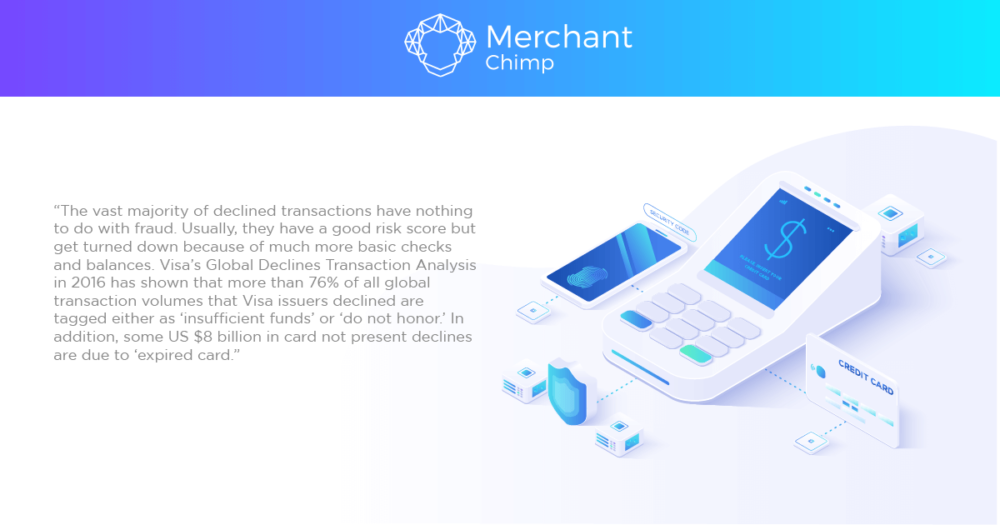
What Can Be the Cause of a Do Not Honor Card Payment Failure?
In general, the answer to that question can be any of the following situations:
- Suspicious activity – If one of the bank’s factors was triggered when the payment happens, and they think it could be something suspicious or unusual, the bank will decline the payment. This can be, for example, when the issuer is located in a country different from the one the business owner is in.
- Not sufficient funds – Even though there is a separate code for payments with insufficient funds, issuing banks sometimes mark the transaction as do not honor.
- Temporary hold on the card – When the cardholder tries to pay for something with a card that’s put on temporary hold, the bank will respond with a do not honor error.
- Multiple denied payments – In case the customer had multiple denied payments in a row, the issuer can respond by locking the purchase session.
- Expired card – The case can be that the customer forgot their card is expired and tried to use it to make transactions. Of course, the payment will be rejected with a do not honor error in these situations. This is mostly the case with online shopping.
- CVC or CVV number mismatch – If the customer made a typo when entering CVC or CVV credential numbers, the issuer could decline the transactions.
- Recent large purchase – It could be that the customer spent a lot of money before coming to you, whether on some suspicious website, or it was just an unusually large sum of money. For that reason, the issuer can block the payment as well.
- Additional rules imposed by the card issuer – If there are some card issuer rules broken, that can cause a decline. For example, the daily limit is exceeded, or there’s a suspected duplicate transaction.

What Can You Do If This Happens During Credit Card Processing?
When the issuer blocks the payment process for an unspecified reason, one of the most common mistakes business owners make is not to contact live support from a merchant service provider. You can find out the reason why the card was declined when looking at transaction details, but it would be best not to focus on why but rather on what you can do now. First of all, make sure that the customer entered all of the information correctly. Check CVV and AVS fields for an accidental typo.
If all the credentials were entered correctly, the first option would be to ask your buyer to use a different card, whether debit or credit. If they don’t have an alternative card, ask them if they can pay some other way, depending on what payment methods you accept. The second option is to try again, in a few minutes or even after an hour. It could just be that the bank had placed a temporary hold on the account.
If both of these options fail, suggest that your customer contact their issuing bank to explain they’re trying to process a charge. That way, they can get a verbal authorization code, and you’ll be able to capture the transaction manually. This is especially important if the transaction is happening in a different country than the one the issuer is in.
If You Don’t Have In-Store Payments, Come up With an Online Strategy
Even if you own a sole proprietorship or maybe even a high-risk business, there are options available to you. In case you have one of the e-commerce business models, and you’ve learned about the best e-commerce payment options, there are some things you can do to be ready for response codes like these.
One of the best ways to stop losing revenue because of do not honor errors is to have a good retry strategy. What does it mean, and how to do that? An efficient retry strategy means that you build things into the system you use to address every failed transaction. Here are a couple of things you can do that can help you with losing revenue because of failed transactions:
- Create automated emails that will be sent after a failed transaction. That way, you can notify the buyer that their purchase didn’t get through, and you can inform them of the ways to fix that.
- You can also send a coupon to all the customers with failed purchases one or two days after the error.

There Are Many Other Response Codes to Learn
Card declined codes are signals from the payment processor that the transaction didn’t go through. Do not honor is only one of the many response codes that appear when transactions aren’t successful.
The card could be rejected for a number of reasons, but not all codes are as vague as do not honor. Although they are a bit more specific, some response codes still require further explanation. Here are a few examples:
- 41 Hold call, Pick up card – The cardholder has reported that their card is lost, and the issuer is blocking the payments.
- 25 POS condition code invalid value – There is an issue with the billing information.
- 02 Refer to issuer – The issuing bank is blocking the transactions.
- 93 Violation, cannot complete – There’s an issue with the customer’s credit account.
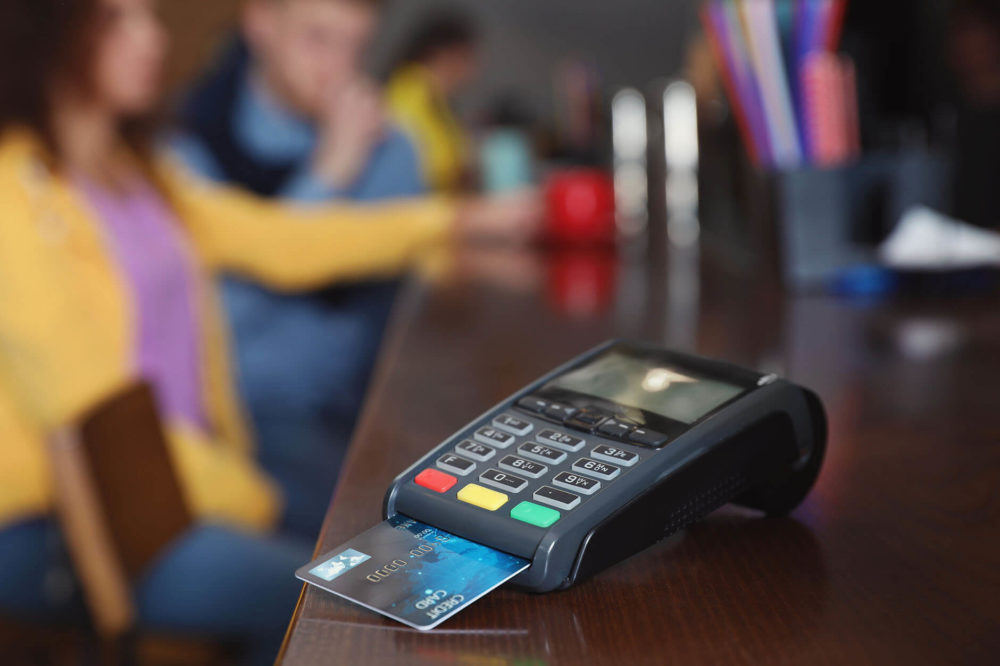
How Can a Good Merchant Service Company Help?
If you don’t have a provider already, keep in mind that applying for a merchant account is simple, and it won’t take you long to learn what merchant services are. A good provider will save you from overpaying credit card processing fees while offering you the best merchant services rates.
With the right guidance, you’ll get to learn how credit card processing works and understand credit card transaction fees. Getting merchant services for credit card processing will make running a business a smooth experience by providing you with solutions for every situation.
Having a Professional Merchant Services Provider Can Save You When Facing Error Code 2000
When this error happens, it’s sometimes necessary to wait for 24 to 48 hours for it to be removed. That means that the client’s card will be blocked for that time, causing an unpleasant experience for both the merchant and the client. In case you don’t wait for 24 hours and decide to repeat the payment once the buyer receives verification from the issuer, you might forfeit reversal rights for the future item chargeback.
Luckily, you can always find a good merchant processing company that will provide you with the best credit card processing for small businesses and save you from these predicaments. With professional agents available 24/7, the business owner doesn’t have to wait longer than a few minutes for the error to be removed. That’s why you should partner with our experienced team at Merchant Chimp. Contact us and forget about the problem called card declined – do not honor.

